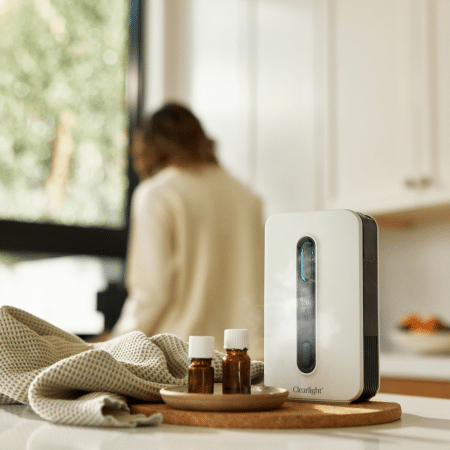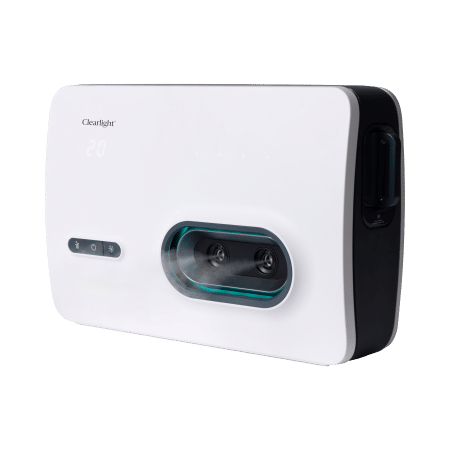The research conducted by Alina V. Chervinskaya and Nora A. Zilber from Saint-Petersburg Pavlov National Medical University and Aeromed (Saint-Petersburg, Russia) explores the effectiveness of halotherapy (HT) as a drug-free treatment for respiratory diseases. HT simulates the microclimate of a natural salt cave, using dry sodium chloride aerosol particles (2-5 microns) to treat conditions like chronic bronchitis, asthma, and other pulmonary disorders. The study involved 124 patients, and after a series of 10-20 daily HT sessions, most participants showed significant clinical improvement, including reduced asthma attacks, easier expectoration, and improved lung function. The therapy also resulted in a decrease in bronchial resistance and better flow-volume loop parameters as measured by bodyplethysmography. The study found that HT improved clinical outcomes more effectively than a placebo, which showed no significant changes.
The therapeutic effect of HT is attributed to several factors, including the aerosolized sodium chloride, the hypobacterial and allergen-free air, and the comfortable temperature and humidity conditions of the halochamber. These elements work together to enhance respiratory function and reduce inflammation, without the need for drugs. The study also highlighted that patients with severe bronchial obstruction showed the greatest improvement in lung function, indicating that HT can be particularly beneficial for individuals with chronic, obstructive pulmonary diseases. The research supports the efficacy of HT as an alternative treatment for respiratory conditions, offering a safe, non-pharmacological option that could reduce reliance on medications like corticosteroids and bronchodilators.




